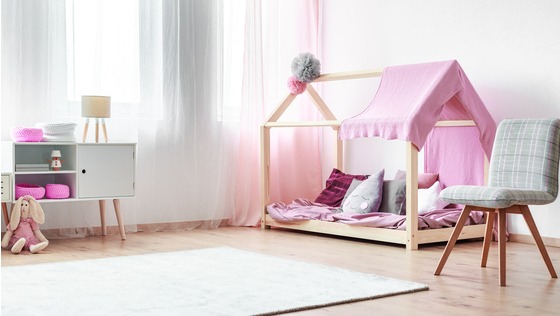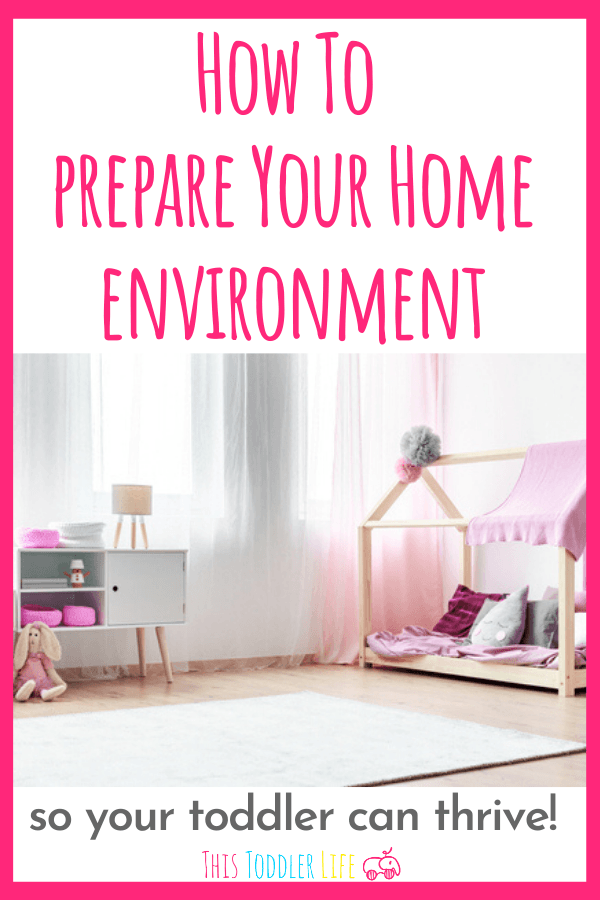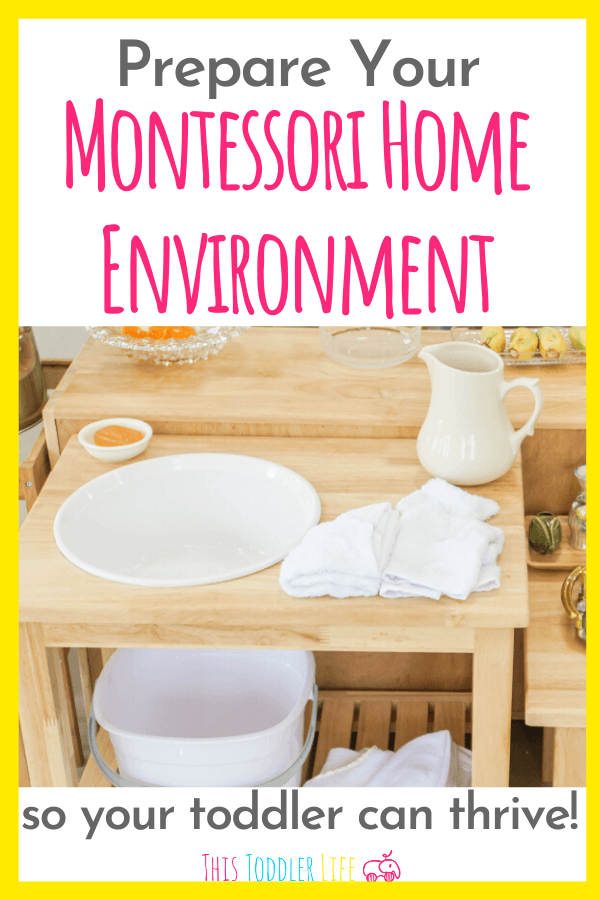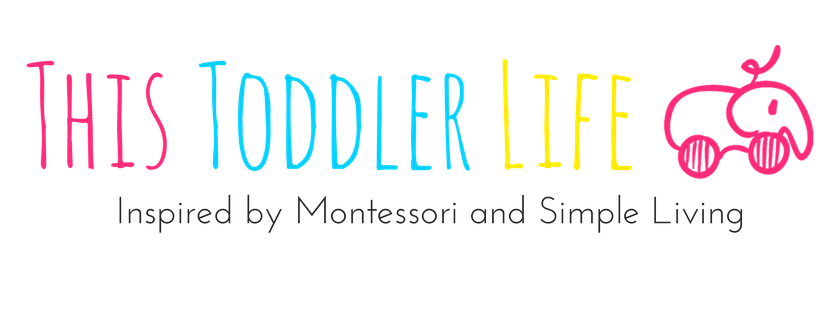- Home /
- Blog /
- MONTESSORI /
- PREPARING YOUR HOME ENVIRONMENT SO YOUR TODDLER CAN THRIVE
xxx videos
massive brown wiener for foxy sweety rilynn rae.xxxvideos
PREPARING YOUR HOME ENVIRONMENT SO YOUR TODDLER CAN THRIVE

This week I’m back to talk to you all about how you can easily prepare your home environment so your toddler can thrive.
During this session of Montessori Mondays with Holly, we talked about practical life activity ideas and why they are so important. Watch the show above and click here to join the Facebook group.

What Does It Mean To Prepare Your Home Environment?
Essentially preparing your home environment means creating space in your home for your child.
If you think about it homes are normally made for adults. So when we add children we should be making adjustments to help the children feel comfortable.
Preparing your environment is a confusing term for those that aren’t familiar with Montessori. I want to make sure we are all on the same page so we are going to talk about what exactly preparing your home environment means and how to do it.
There Are 3 Main Stages In Preparing Your Home Environment
- Birth to 5 months
- 5 to 12 months
- 12 to 36 months
In this post we will be focusing on the 3rd, 12 to 36 months.
When we talk about the different areas that need preparing in Montessori terms we usually focus on 4 different areas of the home:
- An area for Movement/work
- Area for Sleep
- An area for Feeding
- Area for Physical Care
The Area For Movement Or Work
This is probably the first place you think of when I say prepare your environment, your child’s workspace. In Montessori, we create an area for movement or work normally in the main living space of your home. This is to allow your child to feel a part of the family.
If you and your partner spend most of your time in the main living space having conversations sitting on the couch etc. And your child has no belongings of their own in that room they may not feel as welcomed as if they had their belongings in that room as well.
It’s also really important for the child to be able to see their materials or toys and independently go to them and start working with them.
If the materials or toys are out in another room they may not independently play with them you may have to encourage them to go to the other room first.
Once you’ve decided to move your child’s belongings, possible a shelf, and some materials or toys, to your main living space. You can then start to manage the shelf easier. Using only 6-12 materials at a time and making sure to rotate them out when you notice your child is no longer interested in them.
Observation, following your child’s lead, and rotating are all equally important moving parts of a well-kept area for movement.
Area For Sleep
Now this area may look very different for some compared to others.
Montessori suggests using a floor bed at this age so you may or may not have switched to that style of bedding ALREADY. If the floor bed doesn’t suit your family that’s ok too. Just know that the reason floor beds are suggested is to aid the child in independence and to be able to give them that freedom of movement.
One thing you will want to do if at all possible is to keep the area for sleep free from distractions aka toys. If your child thinks the room is meant for playtime. You are probably going to struggle with nap and night sleep times. Keeping the room clear of any toys will greatly help your child’s understanding of the room.
With that said there are some other items you can have in the area for sleep such as:
- Child-sized wardrobe
- Small stool
- Vertical mirror
- Books
Area For Feeding
For those of you with children aged 1-2 years this is going to be a big one for you and your child. Your child will be developing so many new skills to help them become more efficient when it comes to the area for feeding.
This is a time when the child really is striving for independence, they want to feed themselves for example. Have your area for feeding prepared is going to help them achieve this goal of independence.
One popular Montessori item you can add to the area for feeding is a self-help station. Usually, this includes a mixture of things but mainly a water source so your child can get their own drink of water. A food source so they can get their own snack. And access to their dinnerware which will allow them to contribute as part of the family and help set the table.
This one task is so enjoyable by young toddlers. If you haven’t tried it in your home I suggest trying it tonight!
Some other aids for independence in this area are:
- Child-sized table
- Child-sized chair
- Child-sized dinnerware
- Learning Tower or stool
Area For Physical Care
At the early age of 12 months, this might look different for some children as some children are not walking yet. Some children may be doing stand up diaper changes. As they get older children will start to be conquering toilet independence.
These are things to take into account when you are preparing the area for physical care in your home. If you are still doing diapers consider switching to stand up diaper changes in the bathroom. This is going to be a great transition into toilet learning when your child is ready for that.
When your child is able to do stand up diaper changes in the bathroom or area for physical care you can add some things to help the toilet learning process.
These items include:
- Vertical mirror
- Small potty
- Bench or stool
In addition to those toilet learning aids for independence, you might like to create a self-care station.
Similar to the self-help station we talked about in the area for feeding. This self-care station is all about promoting that independence.
Start by either lower the water source for your child to access or adding a stool for your child to access the existing sink and water. Then add their hairbrush, toothbrush, and other materials they may be interested in using in the bathroom.
Giving them access to these items so they can complete the task without an adult’s help is the goal here. When your child is able to complete the task from start to finish on their own. You will see the proud smile when they are finished!

Are you ready to start preparing your home environment for your toddler to thrive in? Have you already set up one of these four areas? Let us know in the comments.
Click Here to Leave a Comment Below
Going to prepare the shelf in the living room so this is near us…. he has a playroom but he doesnt use it… he doesnt like being in there on his own. Do we need a playroom if he will be in the living room?
Leanne,
Play rooms are absolutely not necessary! We don’t have one either and have instead incorporated a shelf in our living room as you mentioned.
xx
TTL Team Member
Leave a Comment:
